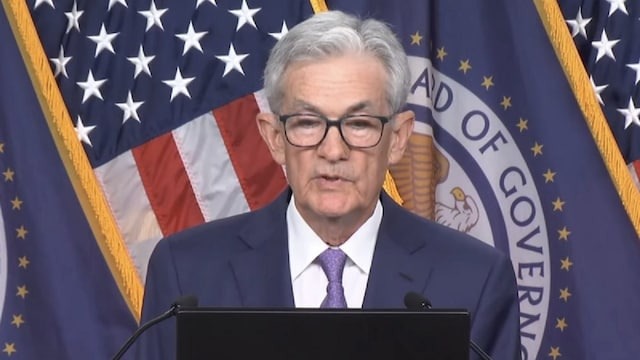
New Delhi. Foreign portfolio investors (FPIs) continue to withdraw heavily from the Indian stock market. A huge withdrawal of ₹1,13,858 crore was made in October, while another ₹22,420 crore was withdrawn in the first fifteen days of November. These figures have been released by NSDL. Experts believe that high valuations in the Indian markets, concerns about declining earnings, and the impact of global factors are behind this huge withdrawal of FPIs.
Dr. VK Vijayakumar, Chief Investment Strategist, Geojit Financial Services, said, "The continuous selling by FPIs is happening due to three main reasons - first, high valuation of Indian markets; second, concerns of declining earnings; and third, the impact of Trump trade." Vipul Bhauwar, Senior Director, Waterfield Advisors, said, “Global economic factors such as weak earnings, high valuations compared to other markets and rising US bond yields are causing selling by FIIs.”
Investment in IPOs became a means of balancing.
FPIs have sold ₹ 32,351 crore in the cash market, but they have invested ₹ 9,931 crore in the primary market. Big IPOs like Swiggy and Hyundai have attracted the attention of investors. Bhauwar said, "FIIs' sales in the secondary market are being balanced by large investments in IPOs. FIIs' sales are likely to decrease by the end of the year."
Trump's effect and impact on US bond yields
Trump's effect is also affecting FPI's strategy. Vijaykumar said, "Trump's victory has affected the US equity and bond markets. The equity market has strengthened due to his corporate tax cut and pro-business policies." The rise in US bond yields is also putting pressure on emerging markets. Vijaykumar said, "The 10-year US bond yield reaching 4.42% is negative for emerging markets. Its impact can also be seen in FPI sales in the Indian debt market."
Change in sector-wise strategy.
FPIs have also changed their sectoral investments. Bhauwar said, “FPIs are reducing investments from slow-growth sectors this year and investing in high-growth businesses, such as asset management, exchanges, and healthcare. However, sectors such as automobile, metals, and construction are being affected due to fluctuations in global commodity prices and infrastructure spending.”
Expectations from regulatory reforms
The new framework created by RBI and SEBI to reclassify FPIs as FDI is expected to improve foreign investment. "This framework provides greater flexibility to foreign investors and reduces investment barriers," Bhauwar said. Experts say future FPI flows will depend on how India maintains its macroeconomic stability and improves corporate earnings.

 Desk
Desk Share
Share






